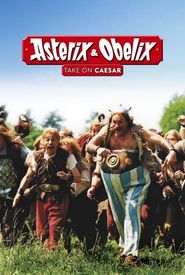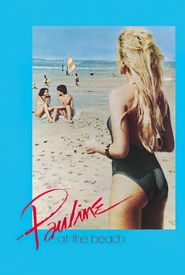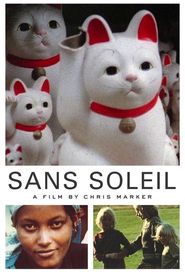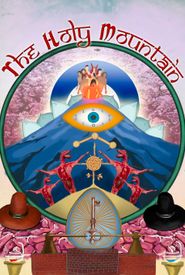Arielle Laure Maxime Sonnery, who would later become renowned as Arielle Dombasle, was born to French parents in Hartford, Connecticut, surrounded by the vibrant atmosphere of the city.
Following the untimely passing of her mother in 1964, Dombasle and her brother were taken in by their maternal grandparents in Mexico, where they spent their formative years. She attended the prestigious Lycée Franco-Mexicain, a private school that offered an exceptional education.
As she grew older, Dombasle became increasingly drawn to the world of entertainment, and after attending the Conservatoire International de Musique de Paris, she decided to pursue a career in acting and singing.
Throughout the 1980s, Dombasle released five singles, including "Paris m'a séduit" (1980),"Cantate 78" (1985),"Je te salue mari" (1986),"Nada más" (1988),and "Amour symphonique" (1989).
In addition to her music career, Dombasle made her feature film debut in the French-language drama Perceval le Gallois (1978),and has since appeared in over 70 movies, predominantly in French.
Her impressive acting career has earned her a César Award nomination for her supporting performance in the romantic drama Boredom (1998),although she ultimately lost to Dominique Blanc for Those Who Love Me Can Take the Train (1998).
Beyond her acting and music endeavors, Dombasle has also ventured into filmmaking, directing and writing three films: Chassé-croisé (1982),Les pyramides bleues (1988),and Opium (2013).
In the 1990s, Dombasle took a hiatus from her music career, but returned to the scene in the 2000s with six new singles: "Liberta" (2000),"Rhum and Coca-Cola" (2004),"C'est si bon" (2006),"Où tu Veux" (2007),and "Extraterrestre" (2009).
Throughout her illustrious career, Dombasle has continued to work as a musician, releasing nine albums since 2000. She has also been an ardent animal rights activist, campaigning against slaughterhouses.
Dombasle is married to French philosopher and writer Bernard-Henri Lévy, and serves as stepmother to his two children.














































